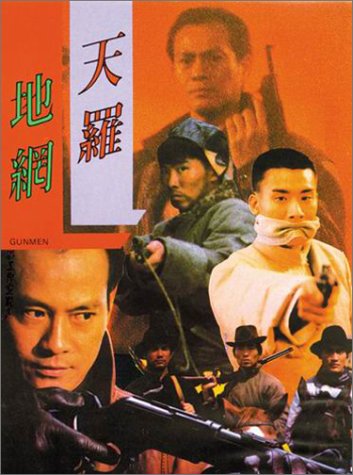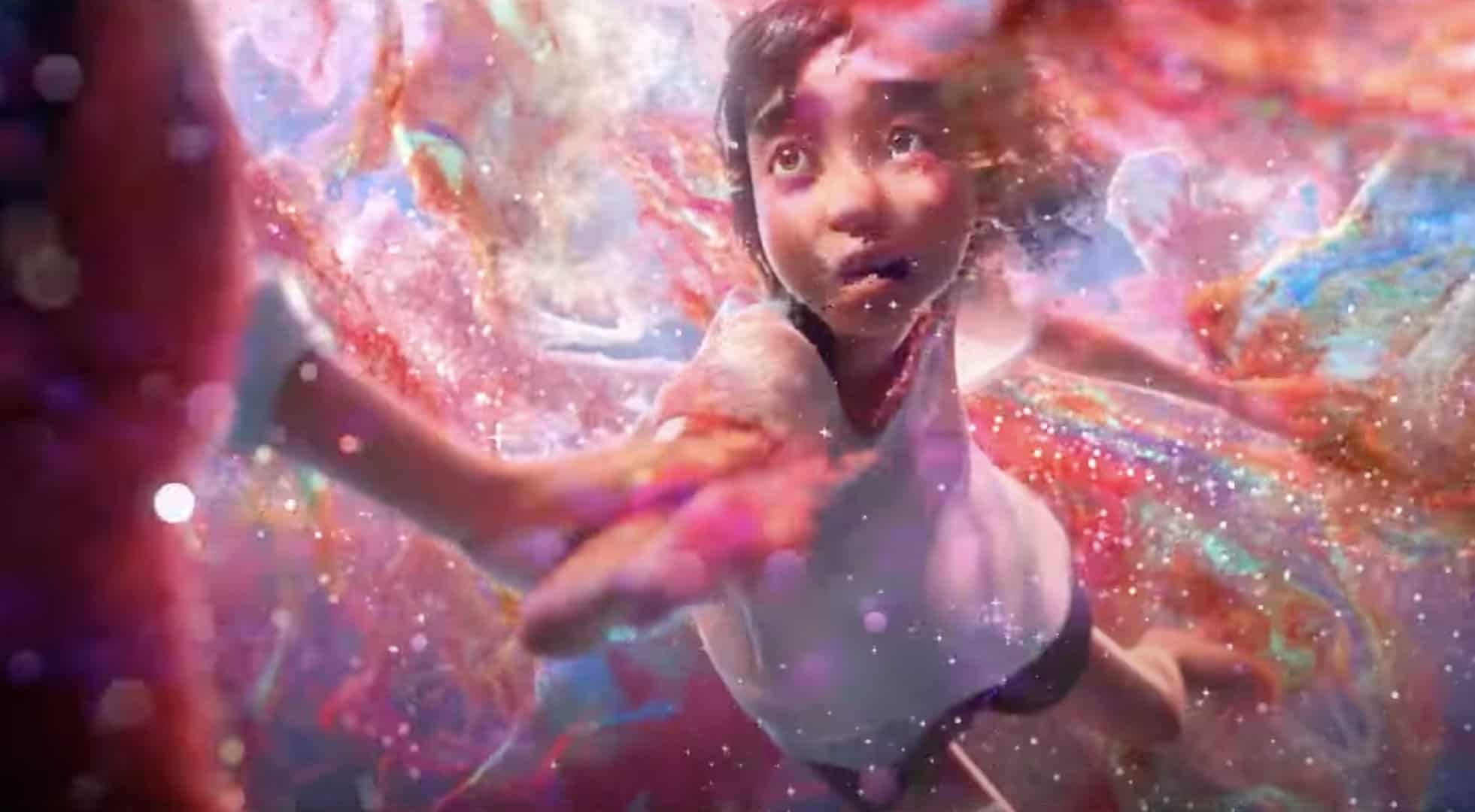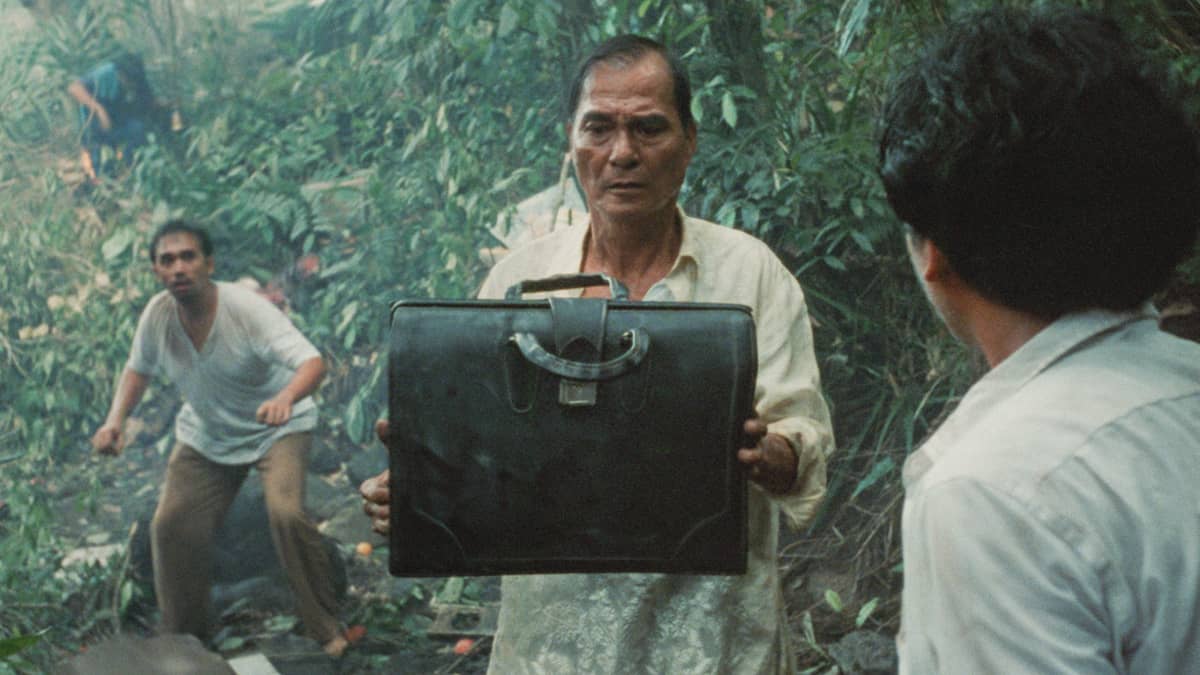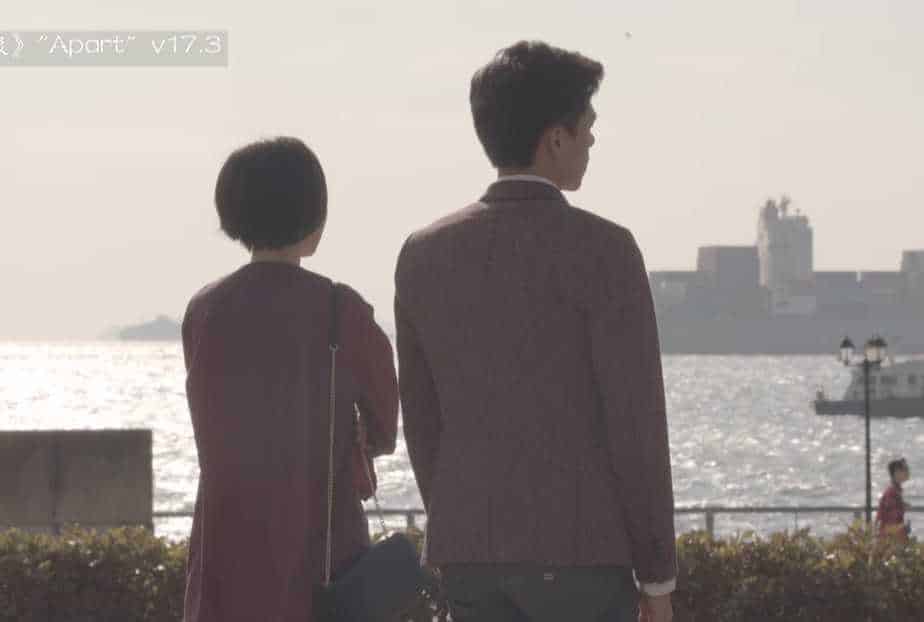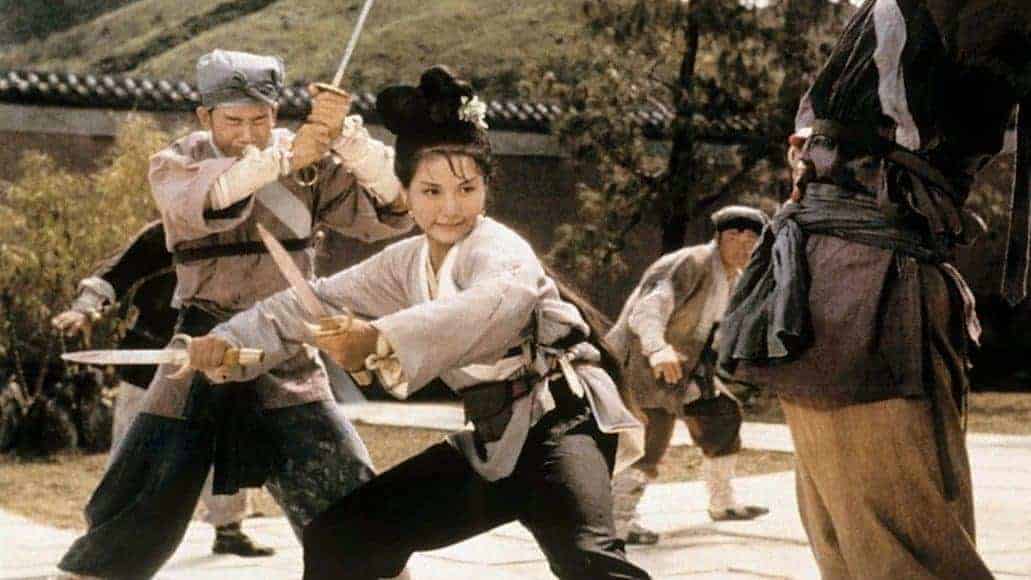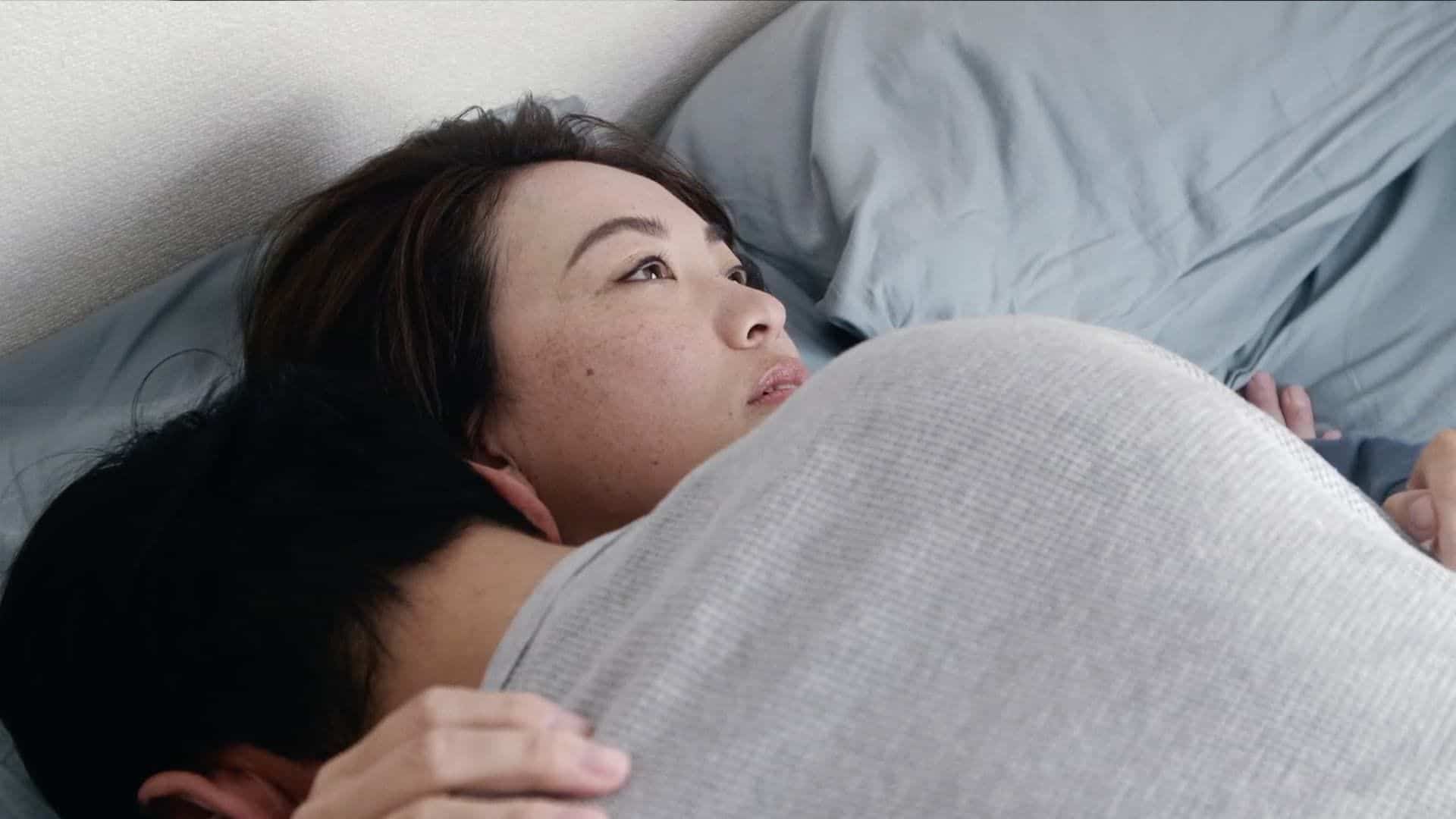Around this time, several productions emerged that seemed to mirror the success of “The Untouchables”. “First Shot” was to follow a few years after this, but in the same year came “The Big Heat” also produced by Tsui Hark and starring Waise Lee. All three are set in different periods, but feature a similar narrative around police corruption and a small team of straight cops that refused to succumb. The latter of the three is the finer piece of work but whilst this production is flawed it is not without merit. Kirk Wong is probably not talked about a lot in modern circles. Whilst he doesn't have the visual flourish of a peak John Woo, or the intensity of a Ringo Lam, his work always has, for the most part, a polish that other contemporaries lack.
Buy This Title
During the Chinese civil war, four friends escape from the brutality of Haye (Adam Cheng). Ding (Tony Leung Ka-fai) becomes a policeman in 1920's Shanghai. He finds that most of his colleagues, with the exception of the Superintendent (Elvis Tsui) are corrupt and even the relationship with his superior is fraught. Finding that Haye is now smuggling opium, Ding seeks to bring him down and uses Mona (Elizabeth Lee) as a way in. After the death of his partner and Haye's uncle, the violence escalates and with his wife Cho Chiu (Carrie Ng) and child in danger, Ding must recruit his old friends to do battle against the odds.
What stops “Gunmen” from becoming a truly excellent film is a certain sloppiness in terms of its storytelling. Towards the end, we get intercuts of Europeans discussing the political situation, but it doesn't fit within the narrative, it's not explored nor is it ever resolved and so just dilutes what we have been watching, leaving us scratching our heads. The other element is the character of Ding. Tony Leung Ka-Fai is a good actor and has a string of credits to back it up. Even he though, cannot really bring this character to life and make him sufficiently empathetic. It creates a void at the core of the story and you become an observer rather than fully engage with the narrative. That said, some of the supporting cast do excel.
Adam Cheng is a surprisingly good antagonist here as Haye. Usually a more debonair presence, he is a much more intense villain here. Strong in his convictions as all the best ones are, utterly ruthless and with a messianic belief in his cause. Elizabeth Lee's Mona is the stronger of the female roles. Stylized as a femme fatale dressed in western attire, her character arc is signified before she even utters a word. Yet she actually gets to make her character likeable and sympathetic. It only serves to make Ding's actions more self-serving as he uses her in his desire for revenge. It's an interesting contradiction to Carrie Ng's more traditional female role as Cho Chiu. It feels that not only we are watching a film in a period setting, but getting its moral values as well. The “Good” woman will survive to redeem the hero, whilst the one with looser virtues must perish in order to achieve their redemption for their own sins. The irony is that Carrie Ng, a few short years later, would have a career breakthrough in playing just these sorts of characters in the Category III explosion and in particular “Naked Killer”. Unfortunately, the three friends played by Waise Lee, Mark Cheng and David Ng are underwritten which underpins the script's failings as they feel very much an afterthought and are sidelined until required for the conclusion.
The action sequences are well shot and the finale despite the aforementioned intercutting is a worthy addition to the classic shootouts in the Heroic Bloodshed canon. The finale itself also concludes in a way you will only ever find in a Hong Kong action movie. It's the unevenness of the whole production though that ultimately leaves it in mid road territory. It strives for the epic feel but never quite gets there. Some abrupt tonal changes and characterization issues scupper the overall impact. What we have left, though, is a perfectly acceptable action feature. Enjoy it for what it is, rather than for what it isn't.



